Reaching Your Potential: a Simple Guide on How to Develop a Growth Mindset
Published: 16/01/2024 | Updated: 16/01/2024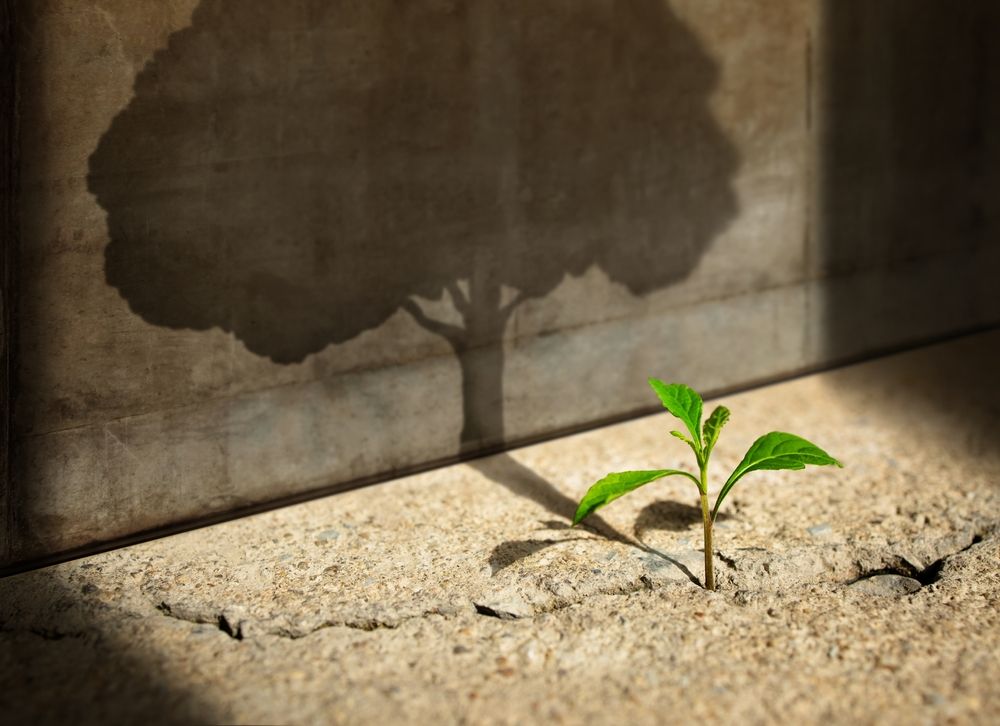
Grit. Tenacity. Perseverance. These are all words we hear a lot in the world of business and personal development, and for good reason: They're essential for achieving success.
But there's another often-overlooked quality that can be just as vital to your success—and one that's less frequently discussed: a growth mindset.
That is, if you want to reach your potential, you need to adopt a growth mindset. In this post, I'll explain what this means and how it can help you achieve your goals faster by helping you understand that a moment of failure is not something to be feared but a learning opportunity.
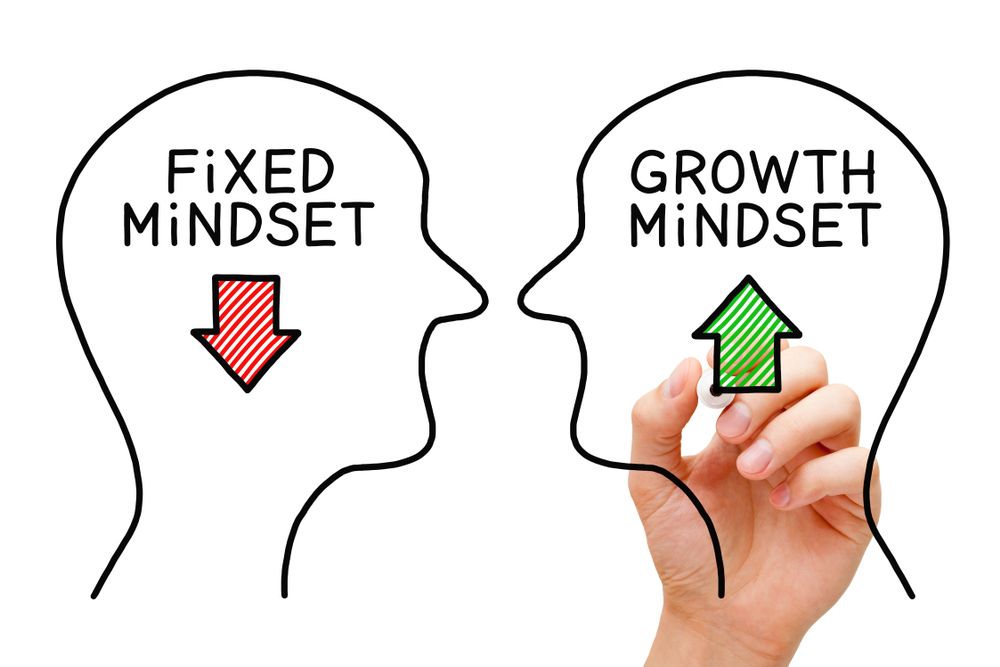
Understand the Difference Between a Fixed Mindset and a Growth Mindset
Before we get into the nitty-gritty of how to develop leadership and create a growth mindset, let's take a moment to understand what exactly it is.
The fixed mindset is when you believe that your abilities and skills and talents are predetermined by genetics and environment, and don't change over time.
In other words: You're either good at something, or not--you can't improve yourself any further than where you already are.
On the other hand, living in a growth mindset people believe that no matter what, everyone has the potential to improve themselves through practice, hard work, and effort.
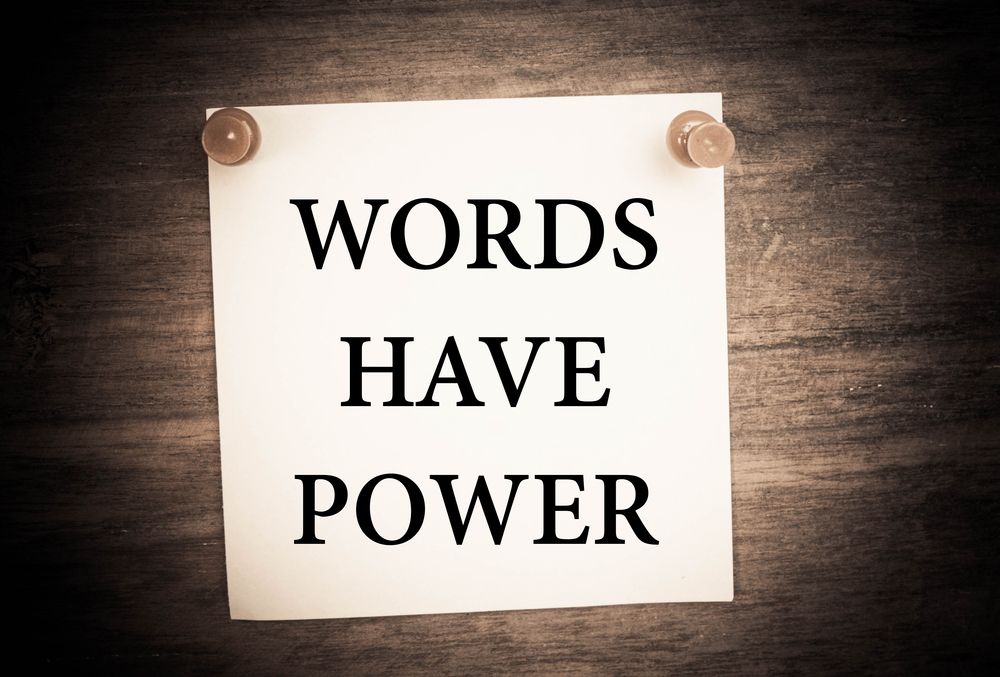
Change Your Language to Reflect the Growth Mindset
The critical first step in adopting a growth mindset is changing your language. You can do this by avoiding words like "failure" and "wrong," while using growth-focused terms like "learning" and "growth and development."
A great way to practice changing your language is by avoiding words like "can't" or "shouldn't"--these are negative statements that will only keep you stuck in your current mindset.
Instead, try saying things like: "I'm excited to see how this journey will go!" or "I hope this task helps me grow as a person."
These kinds of statements will help shift your mindset from one focused on limitations (i.e., failure) to one focused on possibilities (i.e., learning).
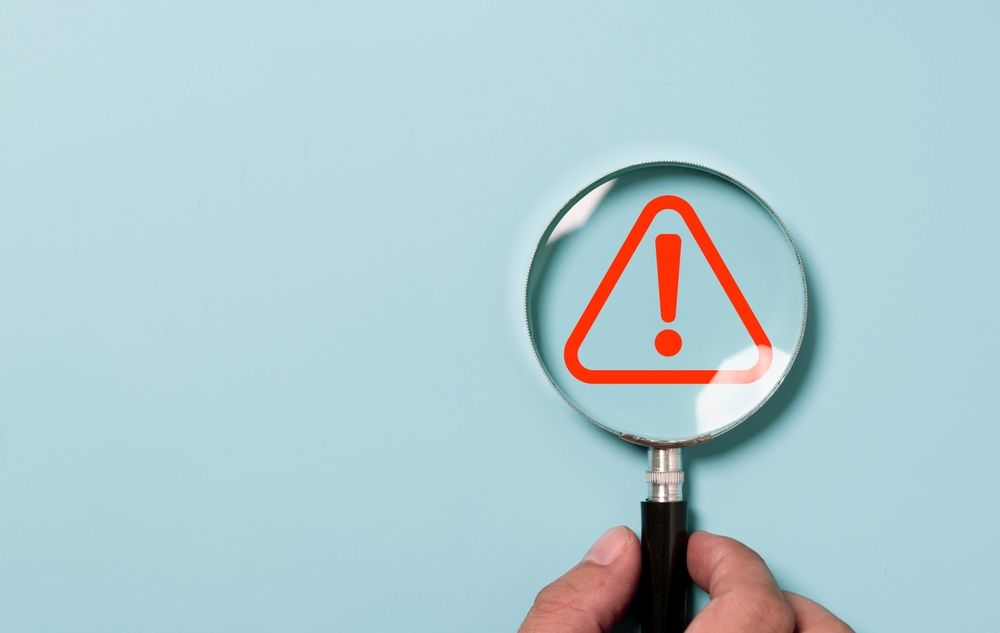
Recognize the Importance of Failure
When it comes to learning and growth, failure is part of the process. You will fail. It's inevitable. And that's okay!
It's better than okay--it means you're trying something new and taking risks with your work.
Failure doesn't mean that what you're doing isn't working or won't work in the future; rather, failure means that there are still things for you to learn about yourself and how best to use your talents for them to reach your full potential.

Acknowledge That You Can Always Get Better
As you go through life, it's important to remember that you can always get better.
You may not be able to do everything, but there is something that you can improve on and work towards improving. This can be something as simple as learning how to manage or spend your time or energy more effectively--or even becoming an expert in a certain skill.
This is an important and key part of developing a growth mindset: recognizing that there are always things out there for us to learn about ourselves and our abilities and then going out into the world to gain those insights and experiences that will ultimately help us grow as individuals.
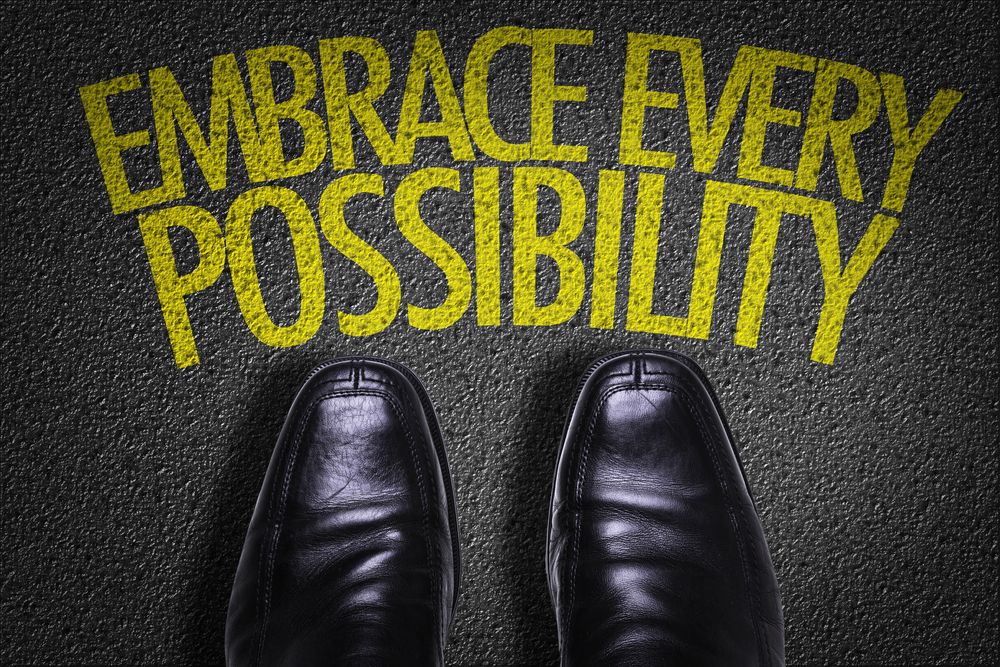
Be Willing to Embrace Challenges
When you set out to achieve a goal, it can be tempting to fall into a "do-it-yourself" mentality. Instead of learning from others who have already accomplished what you want to accomplish, you might try to figure everything out yourself.
This is not always the best approach; in fact, research shows that those who work with someone else are more likely to struggle to succeed than those who try on their own.
When we take on challenges or face obstacles in life, we often get nervous because we don't know what will happen next--and this fear can prevent us from achieving our full potential as human beings.
But if we embrace uncertainty and learn how to handle failure along the journey or path along the way--if we realize we're willing to fail again and again until finally succeed at something--then there isn't much holding us back!

Don't Worry About Other People's Opinions of You
When you're working towards a goal, it's easy to get caught up in the opinions of others and let those opinions become obstacles to motivation. Don't worry about what other people think of you or your abilities.
Sure, some people will always be more talented than others--and that's okay! But if someone else has been doing something for longer than you have, don't be afraid to ask them how they got started and what their process was like.
It's also important not to get down on yourself when things don't go as planned; everyone fails sometimes. You'll learn more valuable lessons yourself from these failures than any measure of success could ever teach us!

Get to Know Yourself
Before you can grow, you need to know who you are. There are many ways to do this:
-
Know what your strengths and weaknesses are
-
What is your personality type? Are you an introvert or an extrovert? Do people describe your personality as "outgoing" or "reserved"?
-
What is your work style? Do you like working on projects alone or in a group? Is there something about the way someone else does things that makes it difficult for them to work with them (for example, if they were too loud)?
-
What motivates you?

Be Kind to Yourself
The most important part of living and developing a growth mindset is being kind to yourself. A lot of people don't realize that self-compassion is an essential part of building resilience, but it's true!
If you want to reach your potential, you must start treating yourself with the same respect and care as you imagine someone else would treat you.
This means taking time out for self-care activities like meditation or yoga; eating healthy foods; getting enough sleep; spending time with friends who make us feel good about ourselves; going on vacations away from school or work responsibilities--in short: anything that helps us recharge our batteries so we can come back stronger than before!

Be Honest With Yourself
When you're honest with yourself, you can make better decisions. You'll know what to focus on and what not to waste time on. You'll be able to identify your strengths and weaknesses, which will help guide the way forward.
Being honest also helps us realize our child and own potential and reach our goals because we're not afraid of failure anymore--we know that it's an important part of learning and growing as a person!

Find Your Purpose
This is the critical first step to reaching your potential and becoming a self-actualized person because it allows you to define what success means to you.
Think about what makes you happy, what drives you forward in life, and what gives meaning to everything else that happens around it. Do this with some level of specificity so that there's no ambiguity about what "success" looks like for someone like yourself.
For example: "I am successful when I have an understanding of other cultures" or "I am successful when my friends tell me that I'm an inspiration."
Once this has been determined, write down these goals as concretely as possible (e.g., "By December 31st, 2020 I will have traveled abroad at least once").

Find a Mentor
A mentor can be someone who has achieved what you want to achieve and is willing to help you, but it's also important to find someone willing to invest in you.
This means that they will have similar backgrounds or experiences as yours, so they can relate on an emotional level.
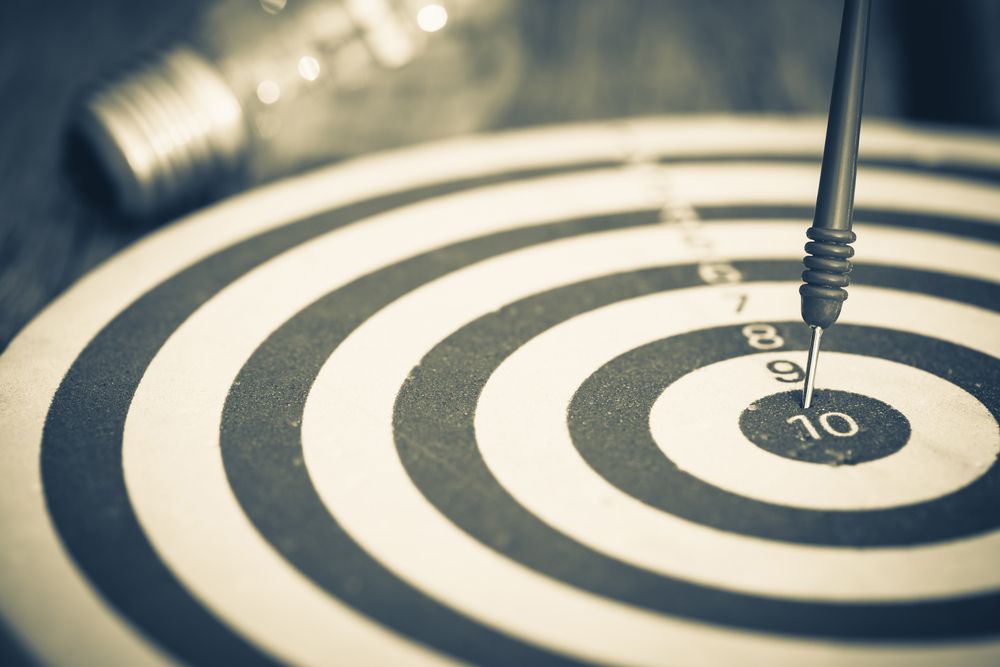
Set Goals and Make Plans Accordingly
Setting goals is an important part of reaching your potential. A goal should be clearly defined, measurable, and specific to you.
For example, if one of your goals is "I want to get better at reading," this isn't very helpful because it's unclear what "better" means or how you'll know when you've achieved it. Your goal should instead be something like: "I will read 20 pages per day for the next three months."
Once you have set a realistic goal for yourself, create a plan for how exactly you will achieve it (e.g., I'll go over my notes before each lecture). Then take small steps towards achieving these plans consistently until they become habits!
The key here is not just setting ambitious targets but also making sure that they're achievable within the time frame given; otherwise, any failure or disappointment could stop us from trying again later on down the line - which would mean missing out on all those benefits!

Commit to Change and Practice Discipline, Even if It’s Hard
When you commit to something, you're telling yourself that this is what you want to do and that no one can stop you from achieving your goals.
It's easy for most people to say "I will lose weight" or "I'll start exercising more often" but when the going gets tough, they give up because they are not disciplined enough or don't have the right mindset to accomplish it yet.
Commitment also means being able to set goals and have strategies to achieve them.
Finally, commitment means learning from our mistakes so we can avoid the risk of repeating them in the future (and maybe even turn those mistakes into opportunities).
The more experiences we have under our belt as human beings, the better prepared we become for dealing with new situations later down the road.
Keep Moving Forward!
We all have the potential to reach our highest potential. It's just a matter of how much effort we're willing to put in and how we approach failure.
If you want to develop a growth mindset, then you must start small and work your way up from there. The big picture is what matters!
I hope that this post has given you some ideas on how to develop a growth mindset. It's not easy, but it is worth it! You can do it if you put in the effort and stay committed to your goals.
Remember that everyone has strengths and weaknesses; everyone makes mistakes; everyone needs encouragement from time to time. The important thing is not how others perceive us but rather the truth of how we perceive ourselves--and what we choose to do with those perceptions.